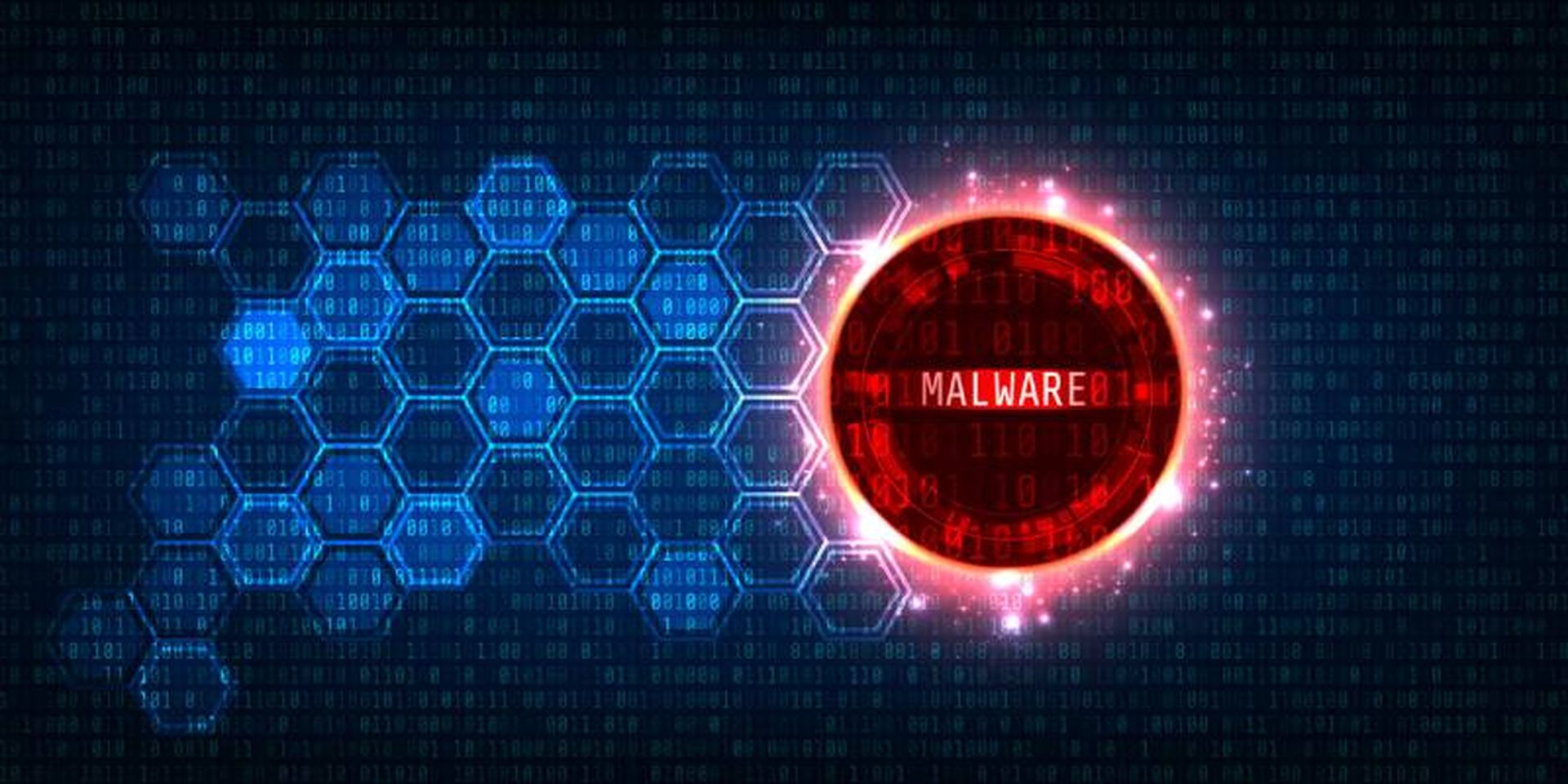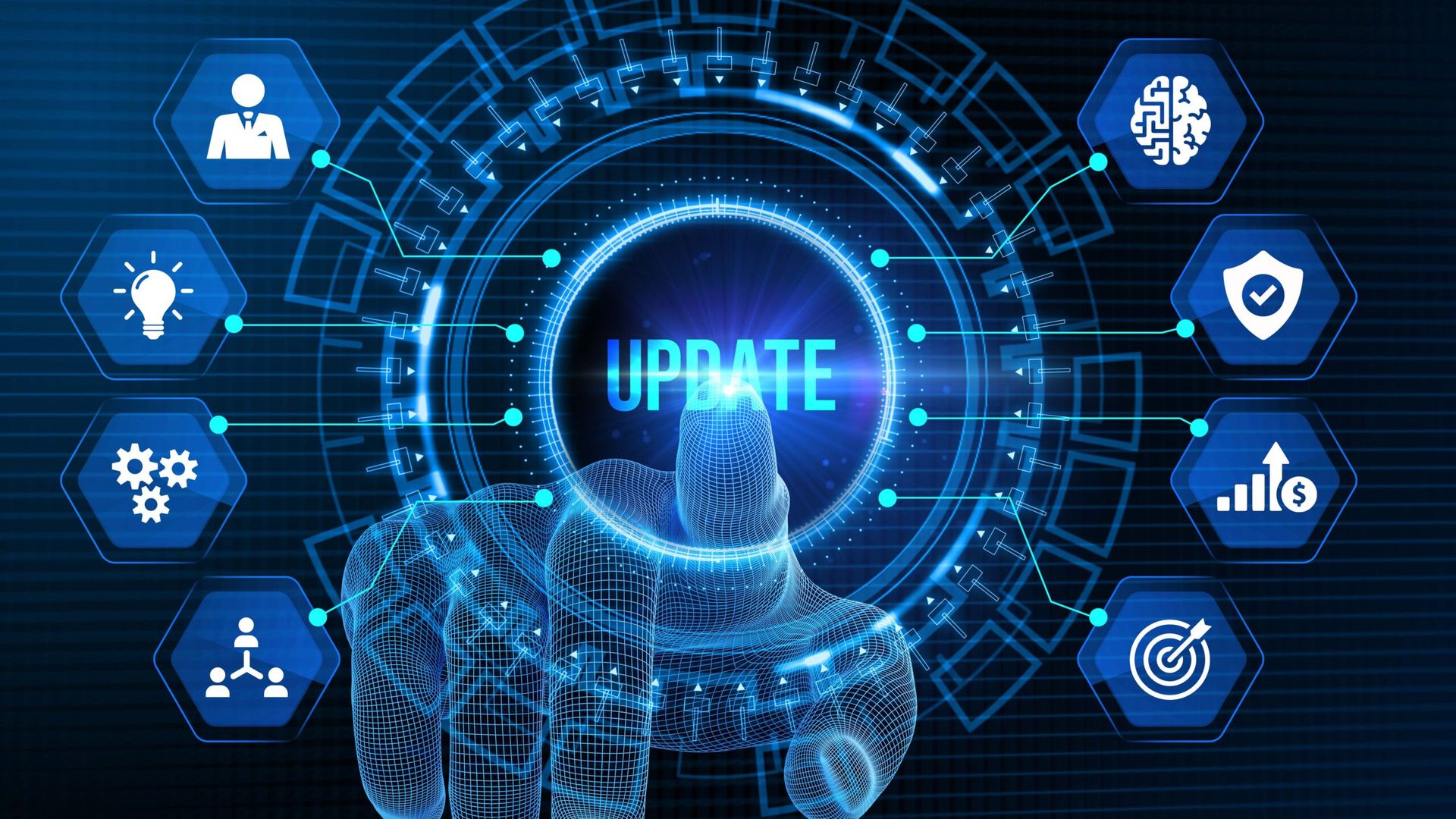Checkers Drive-In Restaurants has disclosed a data breach that affects some of its customers at 102 Checkers and Rally's locations. The restaurant chain has engaged data security experts and federal law enforcement authorities to investigate the incident.
The Checkers data breach occurred due to a data security issue involving malware at certain Checkers and Rally's locations, the company said. In addition, Checkers has collaborated with third-party security experts to contain and remove the malware.
Malware was installed on Checkers & Rally's point-of-sale (POS) systems at certain restaurant locations, the company indicated. The malware then enabled an unauthorized party to obtain payment card data from Checkers and Rally's customers.
Checkers has released a list of affected restaurants, along with estimated dates of exposure. It also is working with federal law enforcement authorities and payment card companies to protect payment card data from Checkers and Rally's customers who may have been affected by the incident.
What Should Customers Do if They May Have Been Affected by the Checkers Data Breach?
Checkers is offering the following recommendations to customers who may have been affected by the data breach:
Checkers also is taking steps to improve its security and minimize the risk of future data breaches, the company noted.




